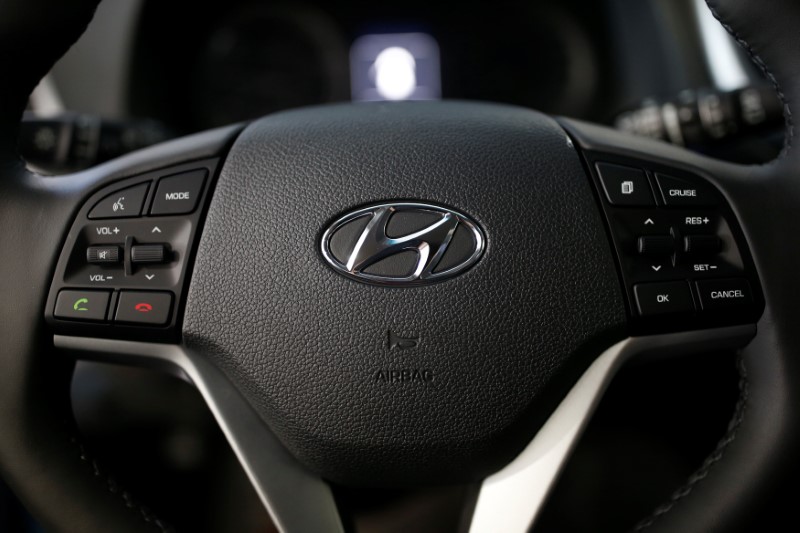The United Auto Workers (UAW) union announced Monday that workers organizing with the UAW at Honda (NYSE:HMC) in Indiana, Hyundai in Alabama, and Volkswagen in Tennessee, have filed charges against management for “illegally union-busting”.
The union, riding high on recent wins in Detroit, has been collaborating with employees from 13 different automakers to unite their workforce. Altogether, approximately 150,000 autoworkers are covered by this union effort.
“These companies are breaking the law in an attempt to get autoworkers to sit down and shut up instead of fighting for their fair share,” said UAW President Shawn Fain.
The UAW has said that hundreds of employees at Honda's assembly plant in Greensburg, Ind., have signed union cards. According to the union, workers have reported they are being "targeted and surveilled" by management due to their support for the union.
“We are filing an unfair labor practice charge against Honda because of management illegally telling us to remove union stickers from our hats, and for basically threatening us with write-ups,” says Honda worker Josh Cupit.
In under a week, more than 1,000 workers at Volkswagen's Chattanooga, Tenn., plant signed union cards, with hundreds more currently joining.
According to the UAW, management has engaged in harassment and threats against workers discussing the union. The union reports that management at the facility have confiscated and destroyed pro-union materials in the break room, sought to intimidate and unlawfully silence pro-union employees.
Volkswagen has publicly stated its "official neutrality" in previous unionization attempts, yet concurrently advocated an anti-union stance through mandatory meetings and internal communications.
Employees at Hyundai's Montgomery, Ala., plant allege that management has taken, destroyed, and prohibited pro-union materials in non-work areas, as reported by the UAW. The union further stated that "Hundreds of workers" are actively registering to join the UAW.
All the companies accused of breaching labor laws had provided wage increases to their workers following the UAW's contracts with the Detroit Three. Labor experts have suggested that this move is intended to curb the UAW's organizing endeavors.
